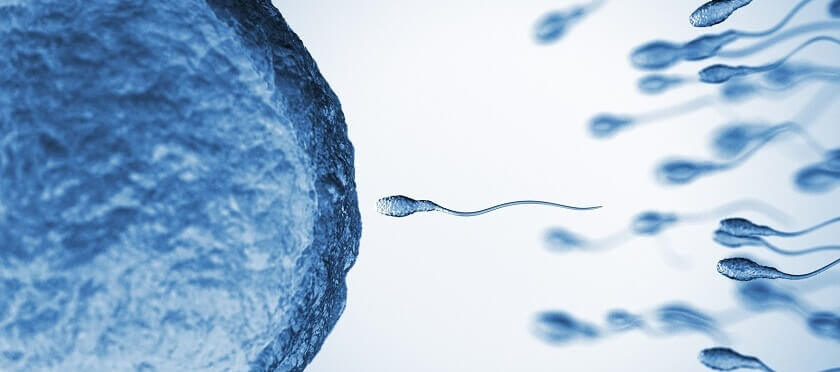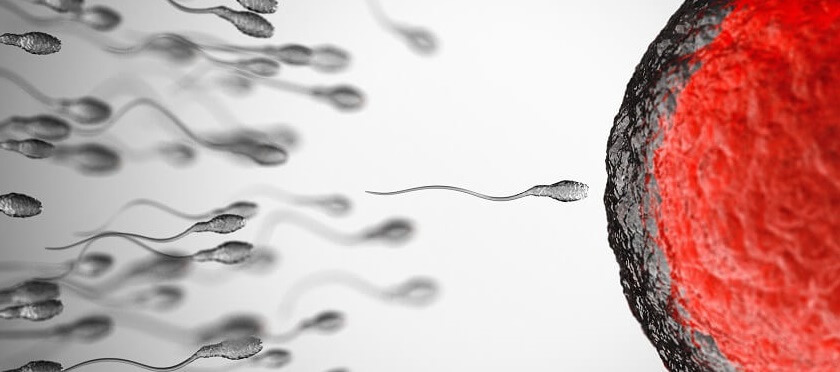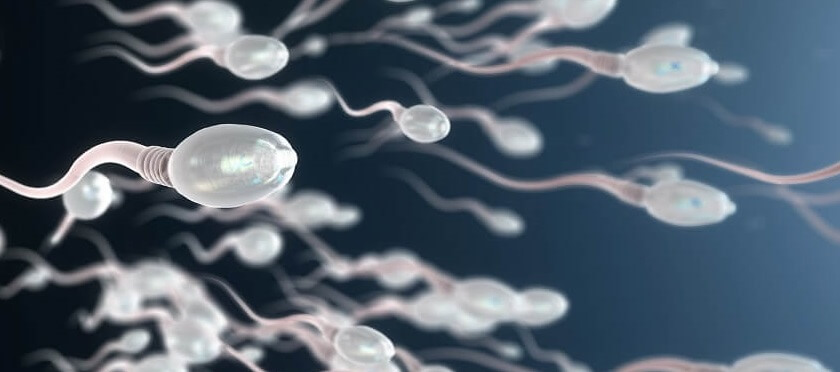What Is the Link Between Testosterone and Sperm Count?
Testosterone is required to produce sperm and is a critical male hormone produced by the testes. It is involved in muscle and bone development, hair growth, and the development of the male sex organs.
It contributes to a man’s sense of overall emotional and mental well-being as well as to his sexual health. Testosterone also plays a vital role in fertility and sperm count.
Testosterone is required for sperm production, but it is other hormones, and not testosterone, that stimulates the production of sperm. The pituitary gland produces follicle-stimulating hormone (FSH) and luteinizing hormone (LH).
LH stimulates the testes to release testosterone. When in balance, testosterone works with FSH to help to generate sperm.
Men who may be having infertility issues could be suffering from low testosterone.
Can low testosterone decrease sperm count?
Male infertility can have many causes, not all of which are related to sperm count. Other issues can also influence a man’s ability to conceive a child, such as:
- Libido or sex drive
- Erectile dysfunction (ED)
- Sperm motility, or their ability to swim
Testosterone levels are related to all of the above. Men with low testosterone may have decreased sperm count, weak or less motile sperm, and low libido, as well as ED. Low testosterone may not directly cause infertility.
But it can lower sperm count, and negatively impact your ability to father a child in several ways.
Testosterone is required to produce sperm.
How to increase your sperm count
There are several diet and lifestyle changes that a man can make that can both increase sperm count, and help to boost, or maintain a healthy testosterone level. Here are a few proven ways to boost sperm count
- Get regular exercise
- Get enough sleep
- Reduce the consumption of alcohol
- If you smoke, quit. If you do not, don’t start
- Reduce stress
- Increase the consumption of these nutrients: Zinc, vitamin D, vitamin C, folate
- Consider these supplements: maca root, ashwagandha, fenugreek, CoQ10
- Avoid foods containing soy
There are some natural ways to boost both your testosterone levels and your sperm count.
Can testosterone therapy improve sperm production?
Testosterone replacement therapy is used to treat men with low testosterone. Testosterone therapy could increase your sex drive, your emotional well-being, and help cure ED. So, it may seem like testosterone therapy could help men with fertility isssues.
However, testosterone replacement is not recommended for men who want to father children. Testosterone therapy can cause men to become infertile. Taking testosterone decreases the production of the follicle-stimulating hormone (FSH) from the brain, which is the hormone that drives sperm production.
Remember, both testosterone and FSH are required for the production of sperm. FSH is a gonadotropin-releasing hormone (GnRH). These types of hormones are released by the brain and signal the testes to make more testosterone, which is vital for a healthy sperm count.
But, when you’re on testosterone therapy, testosterone is added directly into the bloodstream. Your brain interprets this rise in testosterone level as a sign that you now have enough testosterone.
So, it stops sending signals to the testes to make more testosterone. But when your testes don’t make more testosterone, your sperm production goes down.
In fact, taking testosterone is so “effective” at lowering sperm count, testosterone is even being considered a form of male “birth control.” As much as 90% of men can drop their sperm counts to zero while on testosterone replacement.
Traditional testosterone therapy, therefore, is usually not considered to be a treatment for men with low sperm counts. If you want to be a father, try making the lifestyle changes mentioned.
If your issues with infertility persist, speak with your doctor, or a male reproduction specialist. There are options other than testosterone therapy that can be used, such as clomiphene citrate or fertility injections, to increase both testosterone production and sperm production.
Testosterone replacement therapy, however, can reduce sperm count.





